Top 150 Financial Advisers list: a stronger, more competitive industry for 2024
Fifty more names of new talents and veterans teaming up to become powerful forces in the market. See who made this year’s The Deal/Barron’s Top 150 Financial Advisers list.
The financial advice industry is rebounding. After a decade of sliding numbers – not to mention sliding public perceptions – the sector is back with a bounce in 2024. A leaner, lighter industry with higher profit margins employing a cohort with considerably improved qualifications is now taking charge.
The buoyancy across the sector is reflected in the expansion this year with an extra 50 names added to The Deal/Barron’s Top 150 Financial Advisers.
We took our time building out this list – starting in 2017 with a Top 50 before carefully enlarging to 100 in 2021.
Behind the scenes we wanted to make sure the best advisers were on the list.
More importantly, we needed to ensure it was no easy task to make it onto this list celebrating professional excellence. Even now, in its expanded form, only 1 per cent of the nation’s advisers make the cut.
What makes this year’s list special is not just the scattering of new names and talents but the arrival of new forces in the market that will improve competition.
Among those moves: List veteran Charlie Viola has jumped ship to start his own outfit, Viola Private Wealth, while former Reserve Bank of Australia deputy governor Guy Debelle has joined forces with former NAB high-flyer Andrew Hagger to launch a wealth advisory operation tagged Famille Capital.
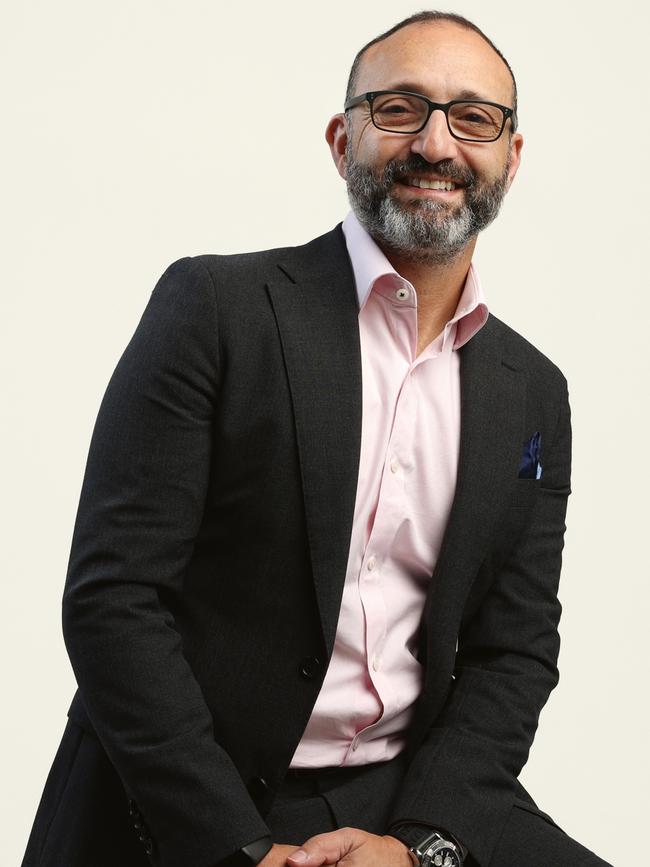
For the investor, a buoyant advice sector can only mean improved menus – even if prices rise with the ongoing upgrading of services.
On average, financial advice now costs about $5000 a year, and many Australians are willing to pay up. As industry specialist Investment Trends noted, “fee increases have provided a strong foundation for the rise in practice profitability”.
In fact, the industry has been running so hard this year that many advisers have been cutting their client lists in a bid to shape up their profit margins. As The Australian reported in August: “Financial advisers are severely culling their client lists and charging 17 per cent more in fees to those who survive the shake-out.”
More importantly, the sector is rebuilding its profile. Advice scandals will probably never stop, but increasingly, inside the regulated world of advice, conditions have become more stable and a long way from the ructions of the 2017 Hayne royal commission into the banking sector.
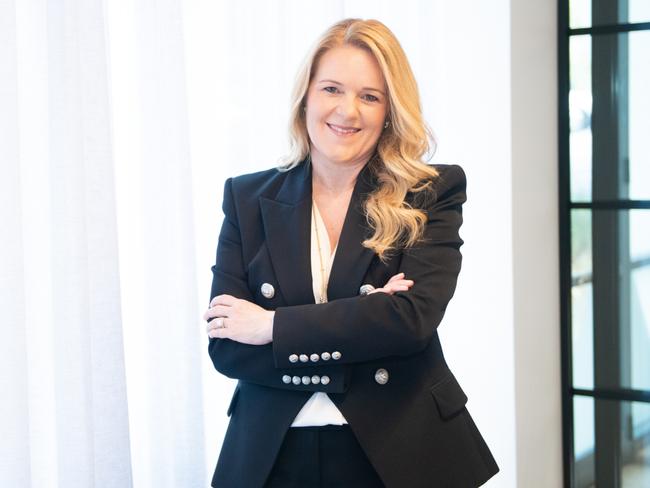
Perhaps the outstanding controversy this year has been the attempt to sort out the long-running saga of the Evans Dixon group, where an ill-fated merger of the former Dixons Advisory with Evans and Partners ended in failure, which was linked heavily to its US property and fund-related operations.
While Evans Dixon was that rare attempt to have a mass-market wealth management group, more typically the industry is splitting.
On one hand, there are up-market face-to-face advisers at boutique houses, and in the upper reaches of wealth we have the Australian branches of global brands. (Most advisers on our Top 150 list come from this group).
At the very top of the market is the surprising boom in family office services; remarkably there are an estimated 20,000 people now employed in this sector, with many of the nation’s top financial advisers sitting on family office boards.
Adviser Jacqui Clarke of Maxima Private is typical among family office advisers in that she will not say with which family she is connected.

But she told our Money Puzzle podcast earlier this year: “When you are dealing with families it’s a very distinct dynamic. Families will fight over issues all the time.”
The rise of the family office
The family office boom is just one signal of how much potential there is in Australian wealth management, with Australia expecting a handover of intergenerational money that is eye-watering. As the Productivity Commission estimates, in the next 30 years Australians will pass on $3.5 trillion in total assets. Separately, the Deloitte group expects about half a million Australians to retire in the next five years.
Alongside this wave of advice activity, wealthy families from around the world also continue to move money into Australia, underpinning the work of many top advisers, such as our all-time holder of the top spot on the list, Garth Hu of Morgan Stanley.
Looking at the top ranks or this year’s list you will see the major names – Morgan Stanley, Koda Capital, Pitcher Partners and Macquarie Private Bank – are not discussing what to do with a superannuation account that is valued at $50,000 or an inheritance of $100,000. Rather they are planning lifelong wealth-building with a partner they hope is worth the money.
At the other end of the spectrum, everyday Australians may see more opportunities to find financial advice more cheaply through some political reform.
In parliament, Financial Services Minister Stephen Jones has guided the passage of the first leg of the Delivering Better Financial Outcomes plan which cuts down some red tape in advice work and opens up a piecemeal expansion of the advice that big super can offer.
The more important phase of the plan is yet to be legislated.
At issue is the particular nature of the advice that can be offered at super funds, which now control the superannuation savings of most Australians.
Nevertheless, some of the nation’s biggest super funds are not hanging around waiting for legislation, instead they are actively building out advice, often with artificial intelligence capability.
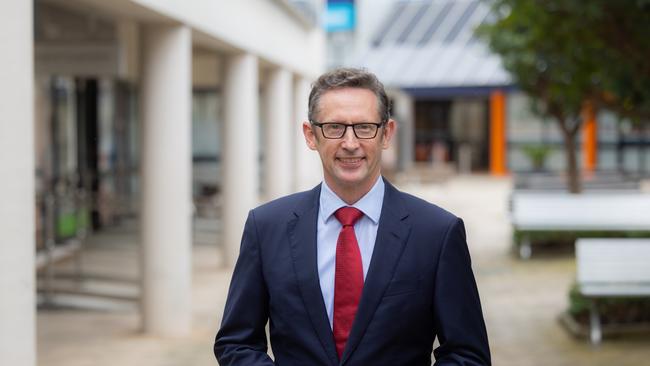
The role of superannuation
A string of super funds, from AMP to REST, are making plans to offer enhanced services.
Colonial First State has introduced a new advice tool for about 500,000 (unadvised) members to access wider advice on investments and insurance.
Meanwhile, industry fund Hostplus has launched a service that it promotes as a one-stop shop for its members to find out as much as they can about what to do with their sayings. Yet whether an investor is using a low-touch AI-service or sitting across the desk from a tailored adviser in a CBD tower, many of the issues are similar: what can the adviser offer and how can they add value?
A report from the Russell Investments group, which examined the value added by advisers in 2024, points to asset allocation.
That’s the age-old exercise of dividing investments among different classes of assets. It’s long been a key service offered by an adviser along with that other chestnut “tax savvy financial planning”.
Such services will always be the core proposal from financial advisers on our list; the element that constantly changes is the investor.
The Russell report notes that it is only a few years since the pandemic prompted investors to knuckle down and ensure they had properly constructed portfolios that could withstand the challenges of a world turned upside down by Covid-19.
This year, with investment returns rolling in at record levels, the challenge for advisers at all levels seems to be keeping investors on the straight and narrow.
The Russell report has some words of advice.
“The thrill of stocks reaching new peaks in 2024 – including AI giants like Nvidia and local stalwarts like Commonwealth Bank – may have proved sufficient for many investors to abandon caution in the belief that ‘it’s different this time’ and resist portfolio rebalancing,” it says.
“But these are the very investors most likely to panic in rapid market retreats.
“It may seem counter-intuitive, but the guidance of an experienced adviser is just as critical in rising markets as down times.”





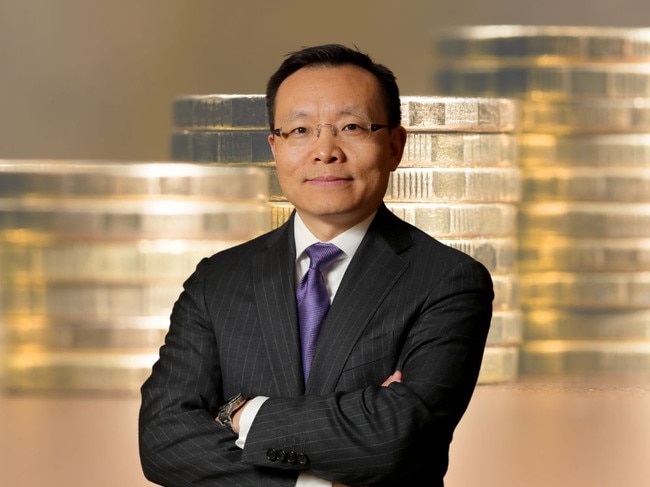





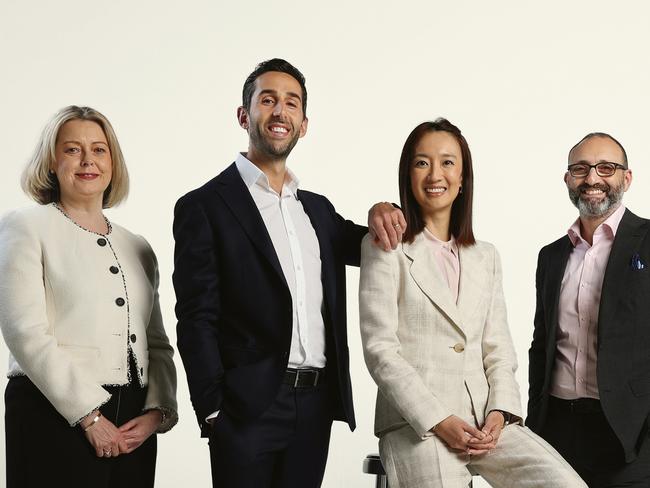

To join the conversation, please log in. Don't have an account? Register
Join the conversation, you are commenting as Logout